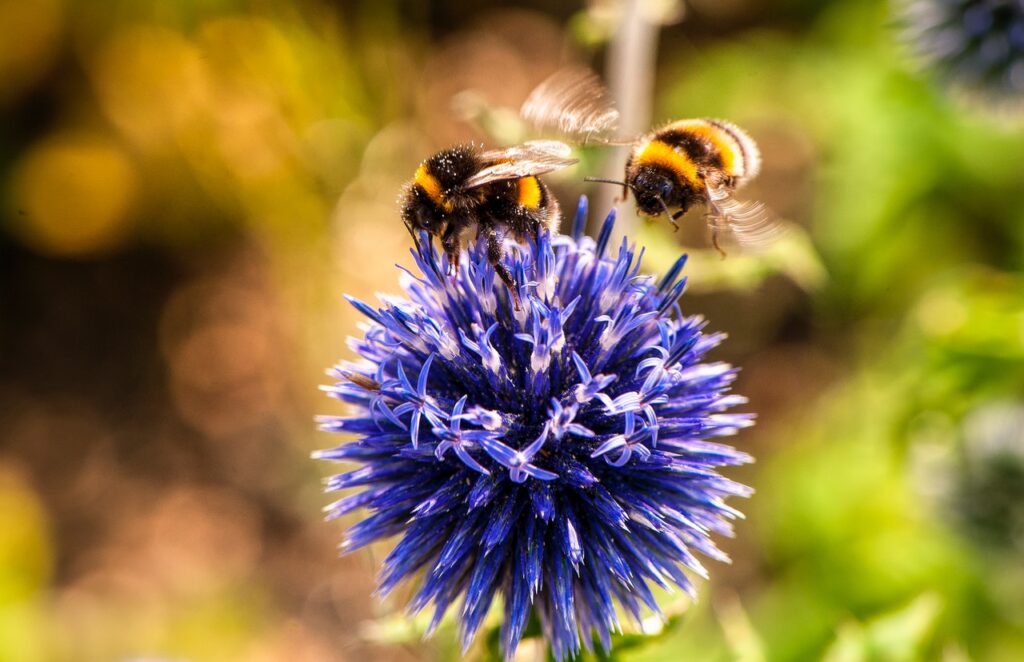


15 May, 2020
It’s been a bad couple of months to be a human, but a good time for bees. Evidence suggests that the sharp decline in air pollution may lead to an increase in bees’ ability to forage, as air pollution reduces the strength and longevity of scent from flowers. Bees can make shorter and more profitable trips in search of pollen as a result.
And in other good news, bees, along with other pollinators, trees and plants, are now officially recognised as citizens of Curridabat, a San José suburb in Costa Rica.
This decision comes as the Mayor continues to fight for what he calls real urban development; where green spaces are created and designed in a way to enhance biodiversity, meeting the needs of the environment whilst also providing better living conditions for humans. This may mean creating biocorridors to help species flourish and migrate or setting reforestation programs in areas with a higher concentration of older people and toddlers to ensure better air quality.
Bees and other pollinators provide invaluable support to our societies, estimated to be worth around £120bn globally. For context, that is just short of Tesla’s current market cap of around £122bn. This new statute means they have more rights and responsibilities in this Costa Rican city, and will benefit from further protection, which may be crucial to save the species that has seen its numbers declining at an alarming rate.
As bees ensure the crops and livelihood of humans around the globe, as well as create value for our society, should we think about extending citizenship to them globally?
By Marie Guérinet